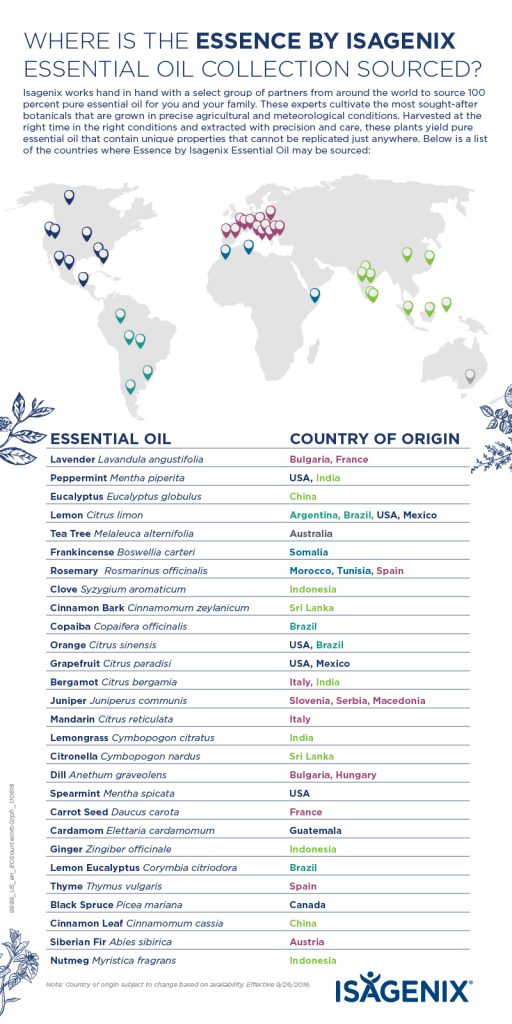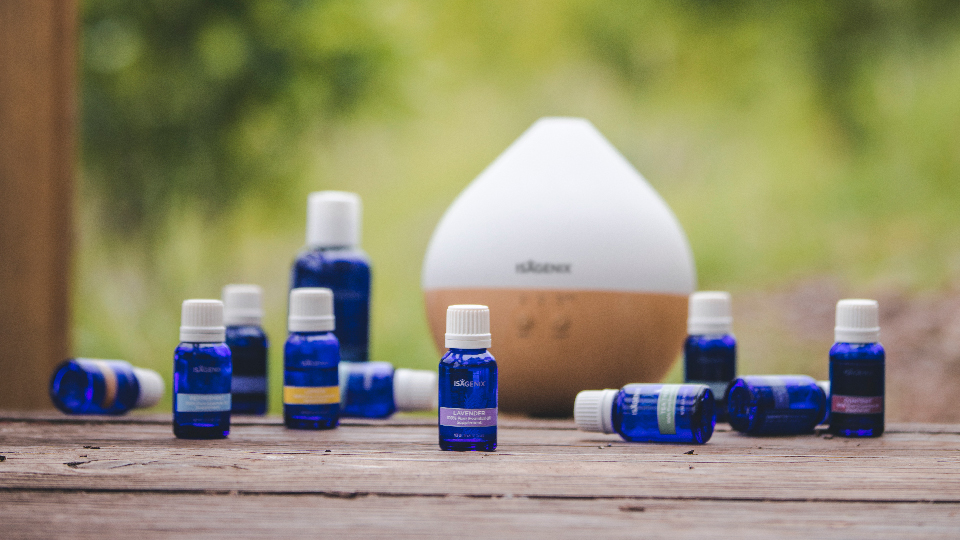Is Your Favorite Company Committed to Quality? Find Out in 5 Easy Steps.
The expression “you are what you eat” needs an update for 2018. While a product’s nutritional value will always matter, where and how the ingredients in that product are sourced matters as well. During a time when factory farming, pesticide use, environmental waste, and other bad faith practices are running rampant in the food, health, and wellness industries, more people care about the specifics of the production process than ever.
Unfortunately, labels don’t always tell us the whole story, so you’ll have to dig a little deeper to discover whether a company is committed to quality products and ethical sourcing. Here are five ways to find out where and how companies are sourcing the ingredients in your favorite products.
Know a Company’s Story
Almost every company will claim a commitment to quality on a product label or in their brand slogan, but only after learning a company’s story can you discover the truth. How transparent and descriptive is the development and manufacturing process? Is every step laid out for the consumer to see, or is crucial information hidden deep within the company website?
At Isagenix.com, our no-compromise commitment is front and center because we are proud of our commitment to quality and ethical practices.
Understand the Process

Have you ever ordered chicken at a restaurant, asked the waiter where the chicken came from, and watched the wheels spin in their head as they scrambled for a response? Sadly, most people don’t know where their meals come from — or where any of their products come from, for that matter! Take essential oils, for example. Many people think, “Oh, it’s lavender. I’m sure they grow it…wherever lavender is grown.” But, that’s not always an adequate answer. The specifics of sourcing matter, whether you’re talking about food, essential oils, supplements, or anything else.
We can tell you where the ingredients used in the Essence by Isagenix Essential Oil line are sourced. Lavender used in our essential oils is sourced from Bulgaria and France, and peppermint is sourced from the U.S. and India.
Don’t Fall for Buzzwords
All-natural!
Gluten-free!
Non-GMO!
You’ve heard them all. These buzzwords are so overused that it’s hard to take them seriously. There’s nothing wrong with all-natural, gluten-free, and non-GMO products — those qualities are usually good — but to judge the validity of these claims, you must cut through the buzzwords and question why they matter. When a brand tells you its product is all-natural or gluten-free, ask yourself if that description is important. You could label a bottle of water gluten-free, and it would technically be true.
Look for Commitment to Sustainability
How a company treats the earth says a lot about its character in 2018. The commitment to sustainability should start at sourcing ingredients and raw materials and continue through the packaging process. Willingness to absorb the costs of going green is a sign of a brand with ethics.
Isagenix announced in early 2018 that it would switch every IsaLean® and IsaPro® canister to post-consumer recycled (PCR) plastic. This choice is expected to cost more than $500,000 annually, but that additional cost doesn’t get passed down to consumers. That’s the kind of sacrifice you’re looking for when it comes to sustainability.
Do Your Research
It’s easy to want these qualities in our companies and products, but many consumers don’t know how to search for them. Here are a few places to start:
- Ask specific questions. Don’t settle for: “Where did this chicken come from?” or “Where was this lavender grown?” Instead ask: “How was this chicken raised, and what did it eat?” and “How do you grow and farm your lavender?” Get as many details as possible.
- Go straight to the About page. It’s where reputable companies will lay out their quality and sustainability practices.
- Follow social media accounts. Companies often give the most unfiltered and candid look into their values through social media.
It doesn’t take an investigative journalist to find the truth about a company’s values and commitment to quality. Anyone with something to hide will eventually show their true colors, but a company that follows best practices will shout it from the rooftops.







